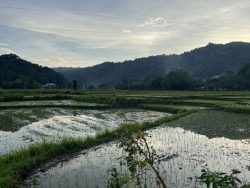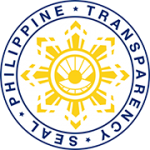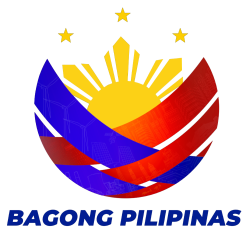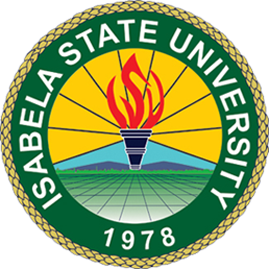
Isabela State University (ISU) Smart Water Infrastructure and Management (SWIM) R&D Center is the regional collaborator for a project that is set to transform the resilience of farming and fishing communities through a dynamic framework of collaboration.
The project “Modelling CIS Application in the Agriculture and Fisheries Sector Through Tripartite Collaborations in Region II, Northern Philippines” thrives on the collaborative partnership of ISU with University of the Philippines Los Banos (UPLB) Interdisciplinary Studies on Integrated Natural Resources Management (UPLB-INREM) with the UPLB Foundation, Inc. (UPLB FI)—a non-stock, non-profit NGO.
Together, these institutions seek to develop a standard framework in which CIS unleashes its power in community resilience building and power to empower communities in the face of climate variability and other emerging challenges.
The German Development Cooperation, Deutsche Gesellschaft für Internationale Zusammenarbeit (GIZ), sponsored this initiative with a grant amounting to EUR 225,000.00, which is meant to boost the adaptive capacities of agriculture and fisheries stakeholders across Region II.
The project’s primary goal is to enhance tripartite capabilities by fostering collaboration among academics, government, and community stakeholders who will co-craft robust resilience strategies. It focuses on the effective application of CIS in a Community of Practice: transform tactical and strategic decision processes across the sector- make agricultural and fisheries practices smart and climate adaptive.
The project will benefit the agriculture and fisheries sectors in Region II by creating a COP that can effectively use the CIS in tactical and strategic decision-making, resulting in more resilient agricultural and fisheries practices. It will also benefit all agencies and groups involved; the identified champion LGUs; the sub-regional competence center (i.e., the ISU); and the CIS’s final users, particularly local farmers and fishermen. It will also help researchers, professors, and students involved in the project, as well as governmental organizations such as the Climate Change Commission and the Department of Agriculture by providing new knowledge and recommendations for developing a climate-resilient agricultural sector through a more responsive CIS.
The project will promote climate resilience by developing a model that combines climate research, local expertise, and community engagement. It will also foster a culture of collaborative action and sustainable development in the Northern Philippines. This effort demonstrates the value of collaborations in building a more resilient, adaptive, and successful agriculture and fisheries sector for future generations.




